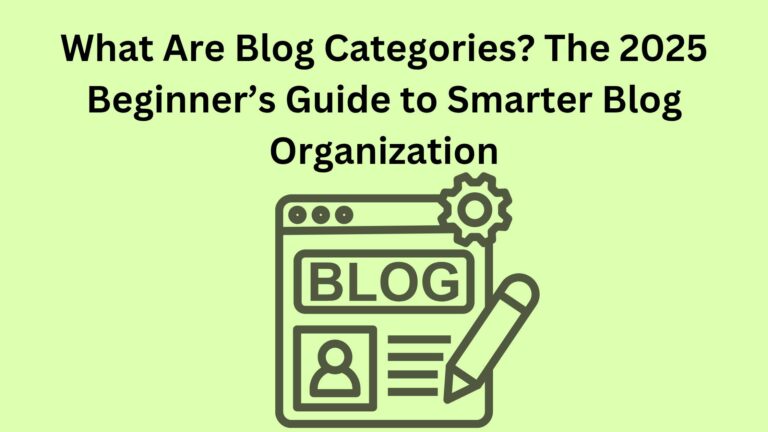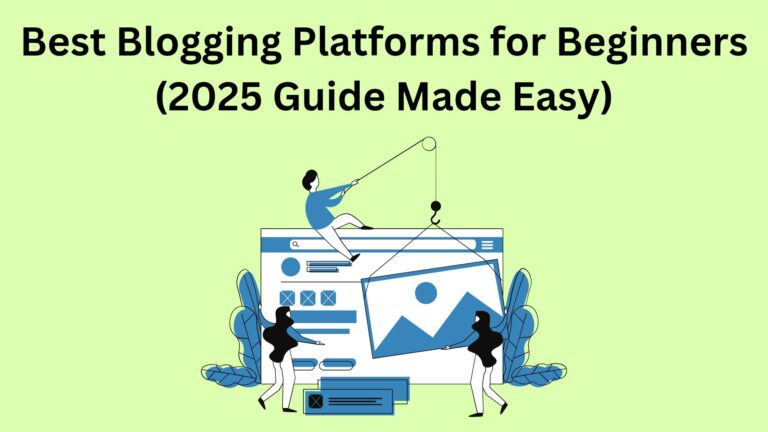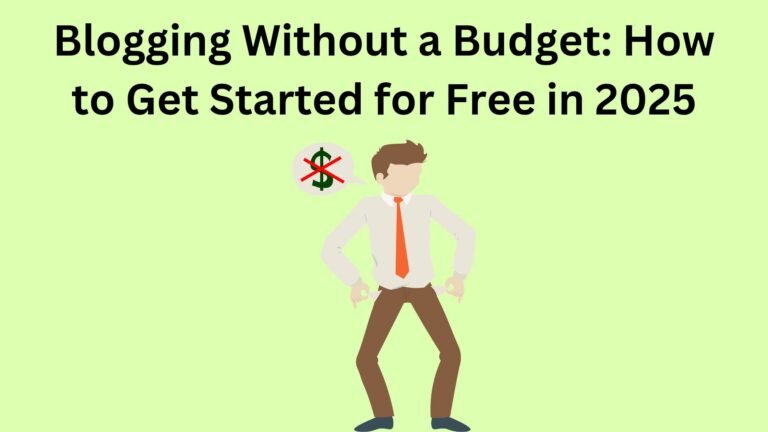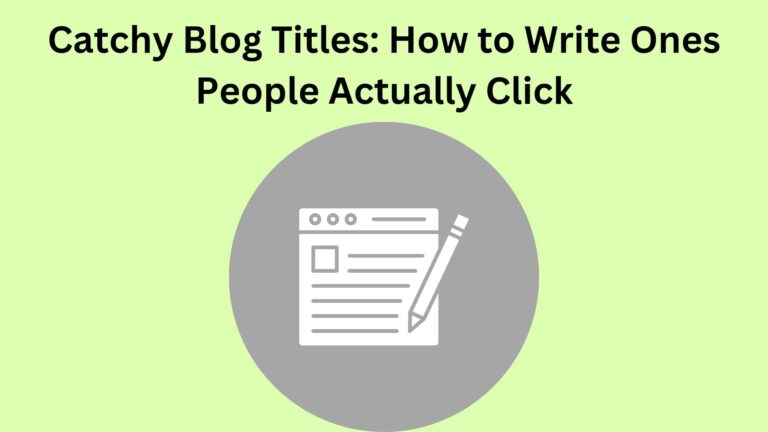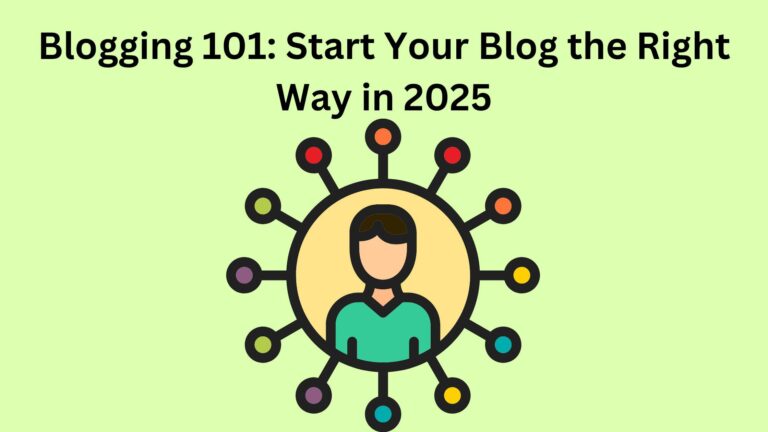Tips for New Bloggers in 2026: 10 Smart Ways to Start and Grow Faster
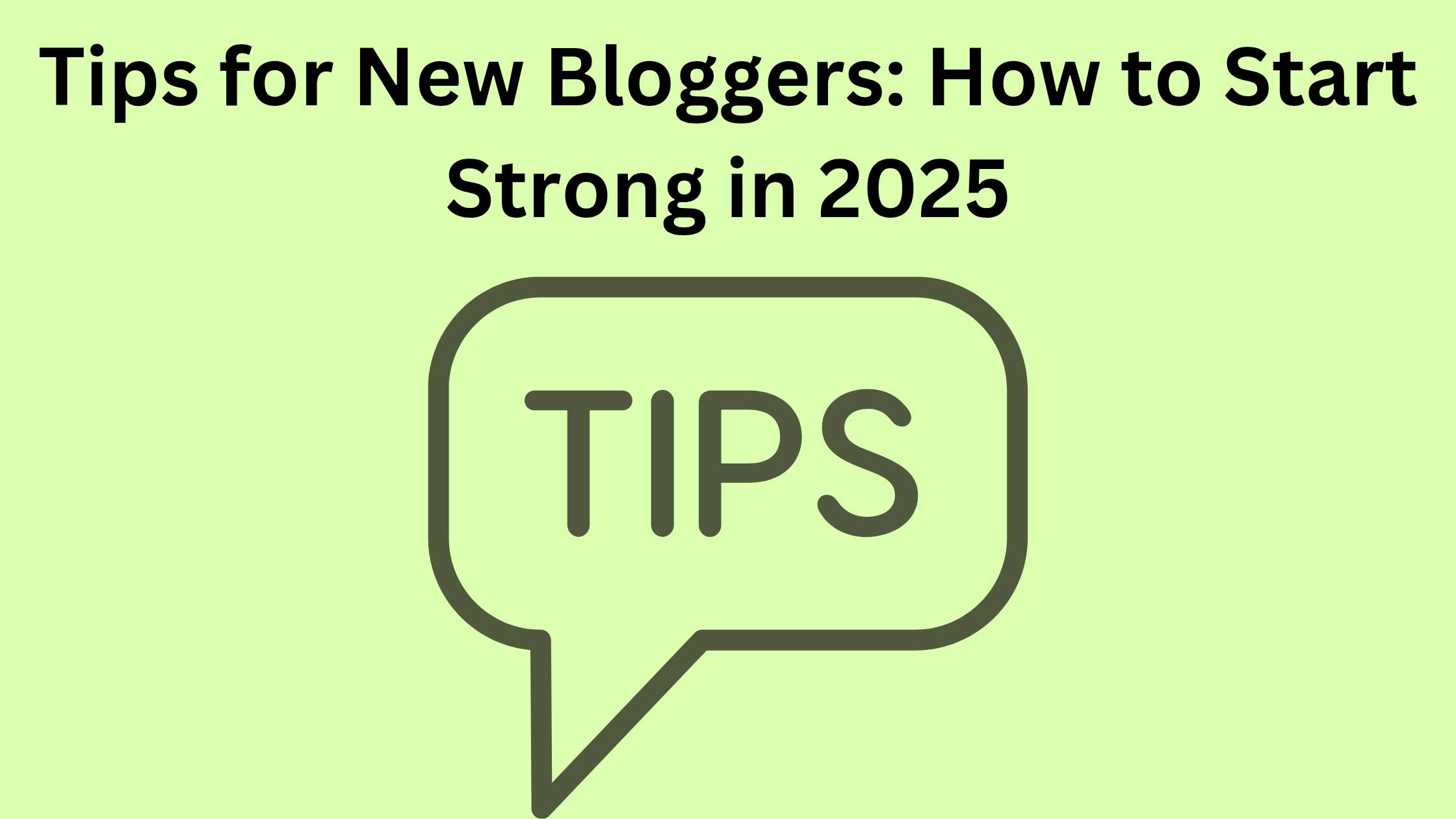
💡 What Is Blogging in 2026 (And Why It Still Works)

- Build a personal brand
- Share knowledge and help other people.
- Generate online income from ads, affiliates, or products
- Drive organic traffic from Google, Pinterest, and social platforms
✅ 1. Choose the Right Niche (Don’t Blog About Everything)
Most beginners make this mistake:
Good beginner niches include:
- Personal finance
- Health and wellness
- Productivity
- Blogging and digital marketing
- Travel for remote workers
- Tech and AI tools
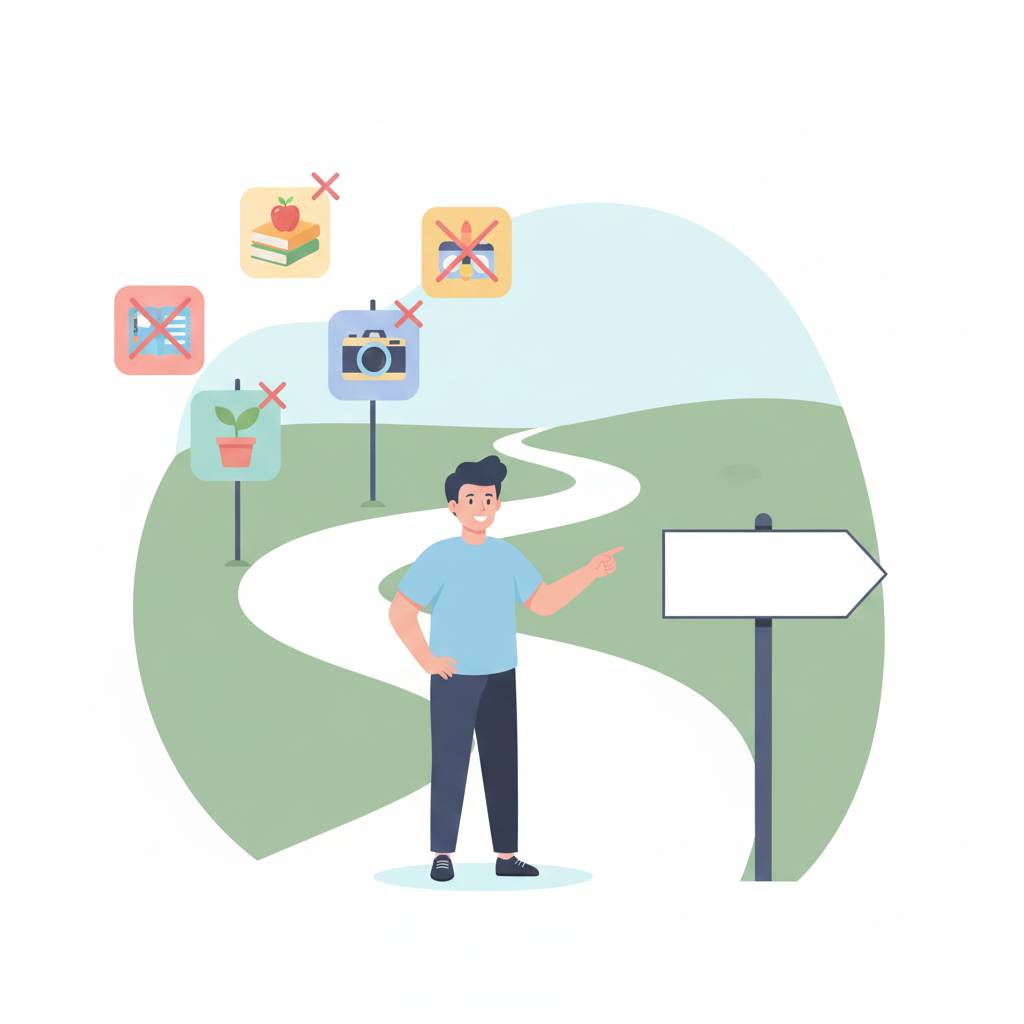
✅ 2. Use a Simple, Free Platform to Start
- Blogger is a free and reliable platform for beginners.
- It’s fast, stable, and owned by Google.
- Set up your blog.
- Choose a clean, mobile-friendly template.
✅ 3. Don’t Skip This: Define Your Blog Categories
For example, if your niche is digital marketing:
- SEO
- Email marketing
- Affiliate marketing
- Content strategy
✅ 4. Start With 5–10 High-Quality Posts
Your first 5–10 blog posts should:
- Solve a real problem
- Be easy to read (short sentences, headings, bullet points)
- Include a keyword people are searching for
- End with a strong call-to-action (CTA), like “Read next” or “Join my newsletter”
✅ 5. Learn Basic SEO — It’s Not Optional
but you must know the basics:
- Use one main keyword per blog post
- Add that keyword in the title, URL, first paragraph, and subheadings
- Use tools like SEO Minion or Ubersuggest to find low-competition keywords
- Internally link related posts to keep readers engaged
✅ 6. Promote Your Blog Where People Hang Out
Promote your blog posts on:
- Pinterest – amazing for visual content and tutorials
- Facebook groups – niche-specific and free
- Twitter (X) – especially for tech, AI, and blogging tips
✅ 7. Avoid These Common Beginner Mistakes
Avoid:
- Writing without a clear or targeted audience.
- Using 10+ categories and labeling everything
- Publishing 5 posts in a week, then quitting for month or more.
- Copying content from other blogs (Google will penalize you)
- Ignoring SEO because it “feels technical”
- Giving up too soon — real results take 3–6 months, but it worthy.
✅ 8. Focus on Building Trust, Not Just Traffic
Make your blog feel personal:
- Write like you’re talking to one person
- Add a short About page with your story
- Use simple, clear language
- Recommend only tools or products you truly believe in
- People buy from blogs they trust.
- Build that trust from day one.
✅ 9. Use the Right Tools to Stay Productive
But a few essentials help:
- Google Docs – Write and organize your posts
- Canva – Create images and Pinterest pins
- ChatGPT – Brainstorm ideas, outlines, and improve your writing
- Google Search Console – Track how your blog performs in search
✅ 10. Build an Email List From Day One (Yes, Even If You’re New)
Why?
- Because social media changes.
- Google algorithms change.
- But your email list is yours forever.
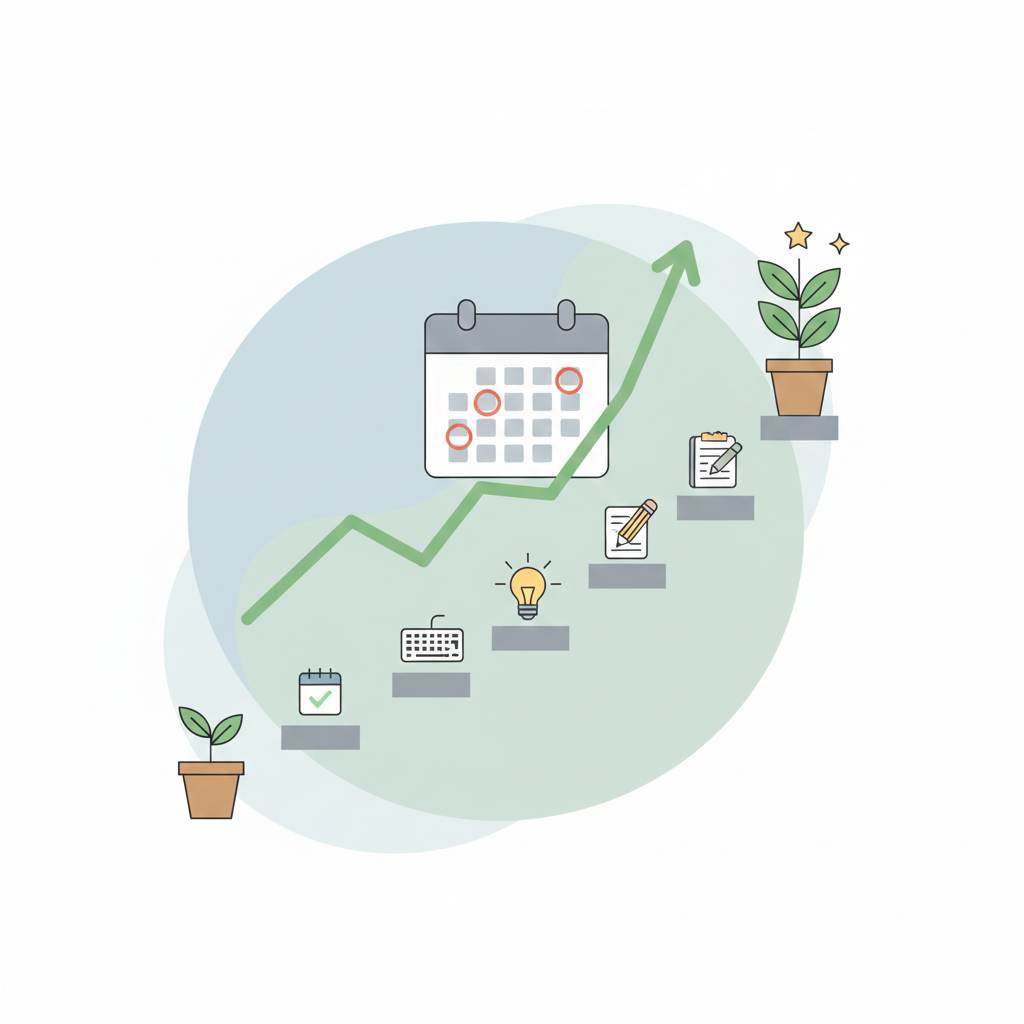
💬 Final Thoughts: Start Simple, Stay Consistent
Related Articles:
👉 Most Profitable Blog Niche in 2026: How to Pick the Right One for You.
👉 Quality Content Writing in 2026: The Complete Beginner’s Guide.
👉 Internal Linking for Bloggers: How to Boost SEO and Keep Visitors Engaged
